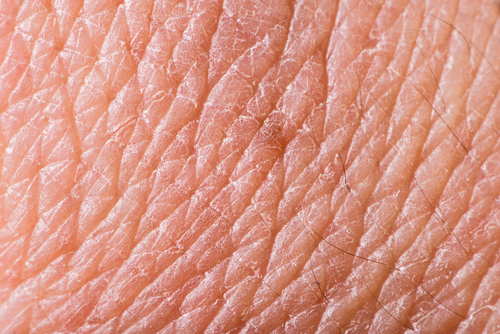Study Shows Treatment with Fresolimumab Able to Reduce Skin Scarring in SSc patients
Written by |

In a recent study published in the Journal of Clinical Investigation, a team of researchers from the Boston University School of Medicine (BUSM) discovered a treatment breakthrough for total body scarring of the skin that occurs in patients with systemic sclerosis (SSc). The condition for which currently there are no treatments available is also known as scleroderma and affects about 300,000 Americans.
The team of researchers analyzed a total of 15 patients with SSc who received treatment with either one or two doses of fresolimumab, a drug agent that targets a chemical mediator in the body called TGF-beta. The researchers assessed the effect of the drug on expression of molecular markers in the skin and on skin scarring after a period of treatment of seven weeks. Results showed that the drug was effective in reducing skin scarring. Results from the study also determined that TGF-beta plays an important role in skin scarring in SSc patients.
SSc is a chronic autoimmune condition of the connective tissue that affects many parts of the body, which become hard and fibrous, causing them to function less efficiently. The condition affects organs such as the skin, gastrointestinal tract (stomach and bowels), kidneys, esophagus, heart, lungs and other internal organs. It can also affect the muscles, blood vessels and joints.
“Our study shows that TGF-beta plays a critical role in skin scarring in patients with systemic sclerosis,” explained corresponding author Robert Lafyatis, MD, professor of medicine at BUSM and Director, BU Scleroderma Center of Research Translation. “Our results strongly indicate that targeting the TGF-beta in these patients will block skin scarring.”
The researchers believe that confirming that TGF-beta is able to block scarring could mean a major treatment advance for scarring-mediated organ dysfunction, a common feature of conditions such as liver fibrosis from viruses or toxins, kidney fibrosis from diabetes, lung fibrosis in idiopathic or radiation induced pulmonary fibrosis, and heart fibrosis that occurs after heart attacks and during heart failure.
According the researchers, these results should be confirmed in larger trials including a placebo-treated group of SSc patients.





